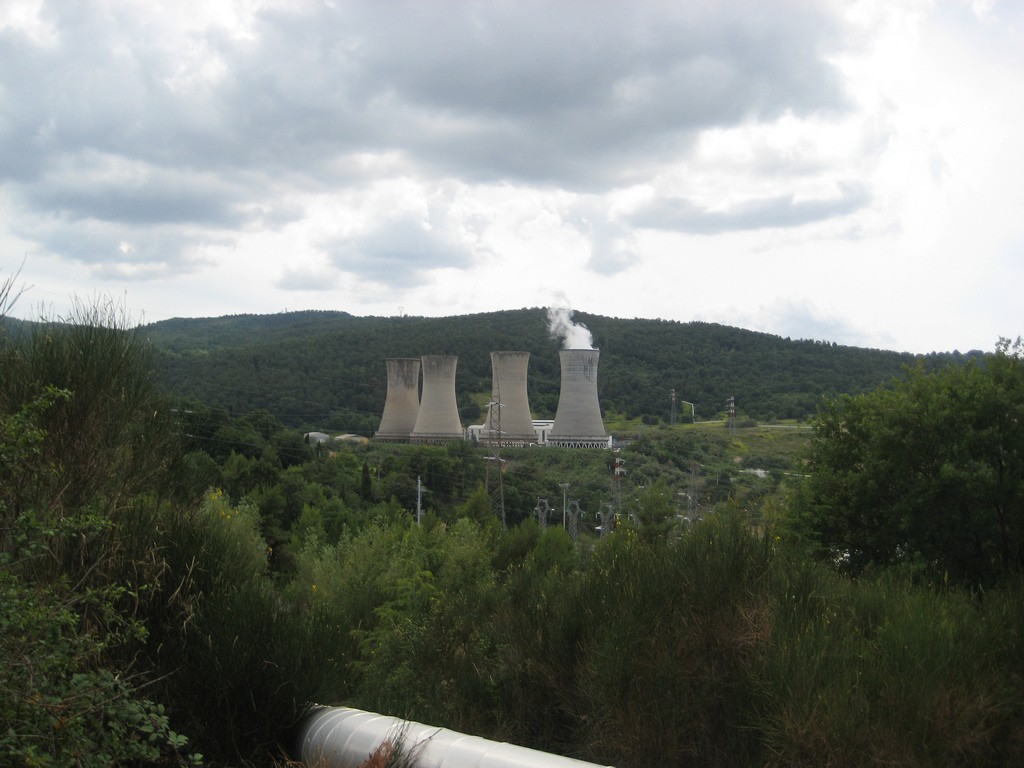Controlling emissions of geothermal plants – EU Research Project in Tuscany/ Italy
A group of 18 European partners are part of the GECO, a "Geothermal Emission COntrol" research project funded by the EU. The project intends to utilise innovative technologies. to study and apply the safe confinement of gaseous emissions of the plants in the subsoil.
Zero emissions geothermal plants: this is the challenge and the goal of a European research project, funded under Horizon 2020 with around 16 million euros, just launched, which also participates in the University of Florence, with the Department of Industrial Engineering.
The project is called GECO, ie “Geothermal Emission COntrol” (geothermal emission control) and intends to contribute to the production of sustainable geothermal energy with innovative technologies. In particular, the method that the group, made up of 18 European partners – including the Italian ones Graziella Green Power SpA and the National Research Council, intends to study and apply is the safe confinement of gaseous emissions of the plants in the subsoil.
In the GECO program there are in fact four sites in which the technologies will be tested: a high temperature basaltic tank in Iceland; a high temperature (gneiss) rock tank in Italy, in Castelnuovo; a high temperature volcanic-clastic tank in Turkey; a low-temperature sedimentary tank in Germany.
“The solution, successfully tested in a pilot plant in Iceland – explains Giampaolo Manfrida, coordinator of the UNIFI team together with Daniele Fiaschi , foresees that the gases are captured and dissolved in a stream of water, which is re-injected into the tank. Dissolved acid gases help to improve the permeability of rocks, and promote the definitive fixation of carbon in the form of minerals. This guarantees the integrated sequestration of carbon dioxide and polluting emissions, with benefits that are relevant for the environment compared to the solutions currently applied “.
The aim of the project is to spread sustainable energy technologies with zero emissions, for this reason it will include an in-depth study on the economic and environmental implications of the solutions analyzed.
Lastly, the project includes training sessions and interdisciplinary seminars designed to train geologists, engineers, researchers and operators in the field towards sustainable geothermal energy.
“The contribution of the Department of Industrial Engineering, which will receive a loan of about € 487,000 – adds Manfrida – consists of the preliminary modeling and design of the inter-refrigerated recompression train to be applied to the Castelnuovo site, in the assessment of the possibilities of process integration with the cycle thermodynamic in order to limit the negative effect on the performance of the energy conversion plant. In addition, the department will conduct exergo-environmental analyzes based on the Life Cycle Analysis data in the various sites, in order to identify the components of the plant with the greatest impact on environmental performance and to propose improvement solutions “.
Source: ARPAT Toscana


















